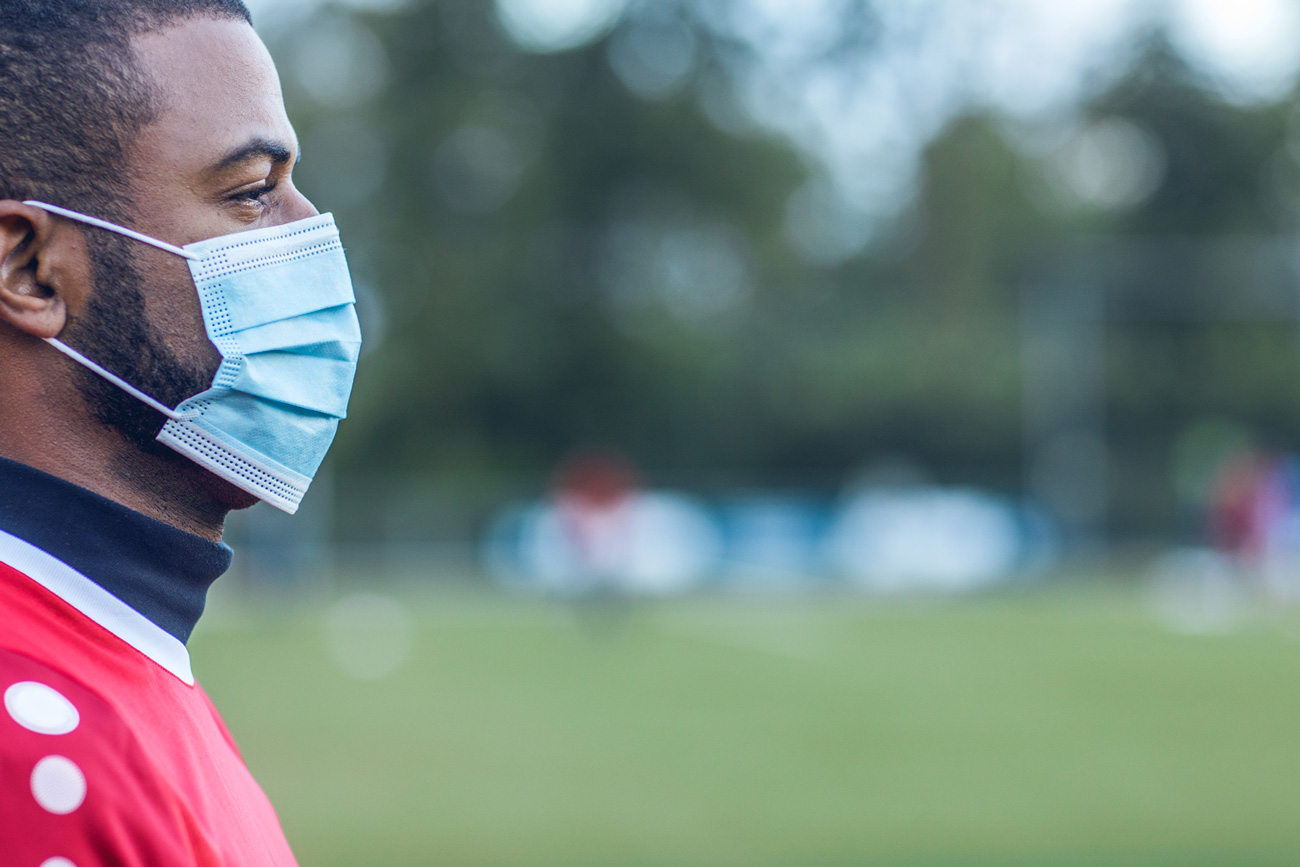
Learning Lessons from COVID-19
We all paid a pandemic price in 2020. Let’s make sure we profit in some way from it in 2021.
Learning Lessons from COVID-19
We all paid a pandemic price in 2020. Let’s make sure we profit in some way from it in 2021.

This is a great time to reflect on 2020 and what we’ve learned from it — and how we implement that learning into our 2021 business practices.
Many businesses suffered through much of 2020 due to the pandemic and the subsequent impositions it caused our families, schools, sports and our businesses. Through no fault of our own, we all paid a price. So going forward, let’s make sure we get something out of what we paid for. Turn that price into a learning experience.
What I have learned over the years – and I’m sure many of you have as well – is to pay attention to the little, because by doing so we can protect ourselves from the big things that may occur. For example, if I want to lose weight I can stop taking that second delicious helping or stop eating desserts. It does not mean I will see a result tomorrow, but over time with consistency of that performance I will see results.
Consider the farmer who tills the soil and plants seeds. He, of course, does not reap his harvest the next day. But, in time, with consistent care, those seeds will grow into what he expected.
In the same way in our world of team sports, the little things we do will not show expected results overnight; but they will in the long run.
We learned that being independent and smaller versus big has its advantages. The ability to be nimble and make decisions quickly works in our favor.
What 2020 taught us is that preparing now for the future will protect us from surprises — or at least the complete consequences of those inevitable future surprises.
The surprise in 2020 was that a pandemic would affect the source of our livelihood. While we can’t stop a pandemic, we can operate such that it won’t have catastrophic effects on our businesses if it were to occur again — in 2021 or beyond.
What We Learned
Knowing what to do in this learning curve is important, but being aware of why we are doing “the what” is even more important.
We learned that being independent and smaller versus big has its advantages. The ability to be nimble and make decisions quickly works in our favor. At this time we know that in some locations sports resumed for fall and perhaps winter, while other schools have moved the fall and winter sports to spring. Thus, there is opportunity to capture some of what was lost. We can and should take advantage of that.
Since we can’t predict the future, we can prepare for what it might bring. I’m not suggesting we prepare for doom and gloom; but maybe we can be better prepared just in case.
So, what is it that you can control as you look to 2021? Here’s a partial checklist.
- What comes to mind first is operational overhead. If you don’t own the building out of which you operate, perhaps having a negotiation session with your landlord about reduced or deferred rent for a period of time is worth considering. Your landlord does not want to lose a tenant and have vacant space.
- Another avenue is vendor cooperation in your purchases, with a little more discount or consignment privileges for back-up stock versus pre-sold goods.
- Also, salaries and/or commissions could have some modest adjustments. Those adjustments can’t be so drastic that they cause staff to consider other options for work. But, there’s no reason for you to bear the full burden of the negative effects of 2020.
- Again, in your building consider electrical costs. Sections of the facility not regularly in use can have “lights out” until needed.
Small Moves, Big Benefits
The “why” for what we are suggesting is that little adjustments can add up to big gains from which you can benefit in the long run. We know, too, that the team business is dependent to a large degree on relationships. Work hard to maintain those with face-to-face visits and at least phone communication and e-mails.
These are little things you know — but sometimes we take them for granted.
Make your team members partners in the business decisions by asking them what they learned from 2020 and what you all should do to make things better, easier, more productive.
If in 2021 we benefit from these adjustments, you can choose to share the benefit at that time with your team. A bonus, as it were, for all who contributed to some conservation from which the company benefited.
Looking for a fresh viewpoint on the team business in these challenging times, Team Insight reached out to industry veteran Jim Hoff for his thoughts on where the team business is today and what it needs to do to get back to business in a post-pandemic world. Hoff has been a sporting good salesperson, manager and executive for more than 45 years. He has worked in retail and manufacturing as well as with corporations such as Spalding, Huffy, DP, Bollinger Industries, Avia, Asics and BSN Sports. He now operates JMH Consulting, teaching best business practices for business operation, sales and marketing. He can be reached at 949-697-6436; hoff.james19@gmail.com









%20(1).jpg)


.svg)